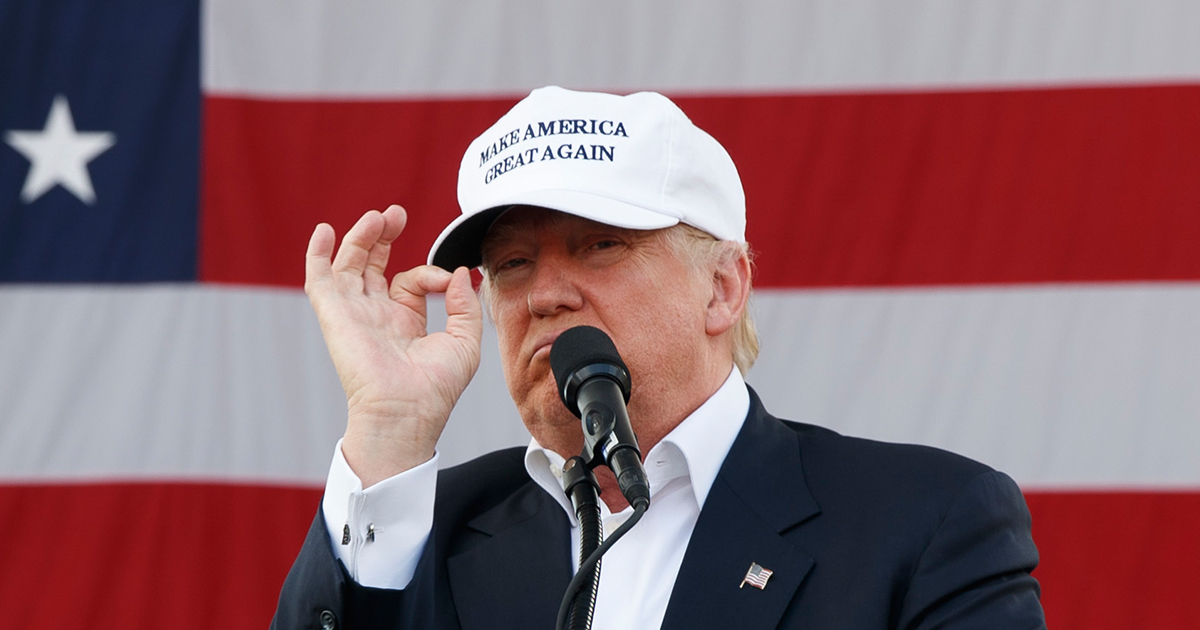Why Bringing Factories Back Won't Save Manufacturing Jobs

By:
To working class Americans, President-elect Donald Trump offered an attractive vision for the country's future — a pledge to restore factories that had been outsourced to foreign nations and, in doing so, bring back manufacturing jobs.
 AP/Evan Vucci - apimages.com
AP/Evan Vucci - apimages.com
The issue is that, regardless of where the factories are located, they're increasingly automated. The jobs didn't necessarily disappear because the factories relocated or because illegal immigrants took them over; they disappeared because the jobs have largely been automated in the modern manufacturing world.
This meme reveals the problem with Trump's promise to workers in the manufacturing industry.
_2.jpg?auto=format&crop=faces&fit=crop&q=60&w=736&ixlib=js-1.1.0) Reddit - reddit.com
Reddit - reddit.com
Though the manufacturing industry has experienced consistent growth since it recovered from the recession in 2014, employment has stagnated, according to a 2015 study from Ball State University’s Center for Business and Economic Research. Experts attribute three factors to the stagnation: productivity, trade, and domestic demand.
"Overwhelmingly, the largest impact is productivity," the study authors concluded. "Almost 88 percent of job losses in manufacturing in recent years can be attributable to productivity growth, and the long-term changes to manufacturing employment are mostly linked to the productivity of American factories."
In other words, robots — not immigrants or bad trade deals — are to blame for manufacturing job loss, the study showed.
There's a counter argument to this, however. It maintains that a small sub-set of the manufacturing industry — the one that produces computers, semiconductors, and similar technologies — are chiefly responsible for the increased productivity. That sub-set accounts for about 13 percent of the overall manufacturing industry, according to a 2016 study by Susan Houseman, a senior economist at the Upjohn Institute in Michigan.
Here's Houseman's conclusion:
"Anemic output growth — in large part the result of globalization — when combined with continued automation of manufacturing processes has led to the sharp decline in manufacturing jobs in recent years. Competition from low-wage countries may have accelerated the adoption of automated processes in some industries. In sum, the forces of globalization and their interaction with technological change account for the recent job losses in manufacturing; automation alone cannot explain them."
Would Trump's policy proposals solve the issue?
 Carolyn Kaster/AP - apimages.com
Carolyn Kaster/AP - apimages.com
In an interview with The Washington Post, Houseman rejected the idea that "tearing up our past trade deals and slapping higher tariffs on imported goods" would rejuvenate the manufacturing industry.
"They would likely invoke retaliatory actions by our trading partners," Houseman said. "Moreover, production is more globally integrated than in the past. Factories and other businesses have come to rely on imported materials and parts, and raising tariffs would unintentionally harm them and their workers."
